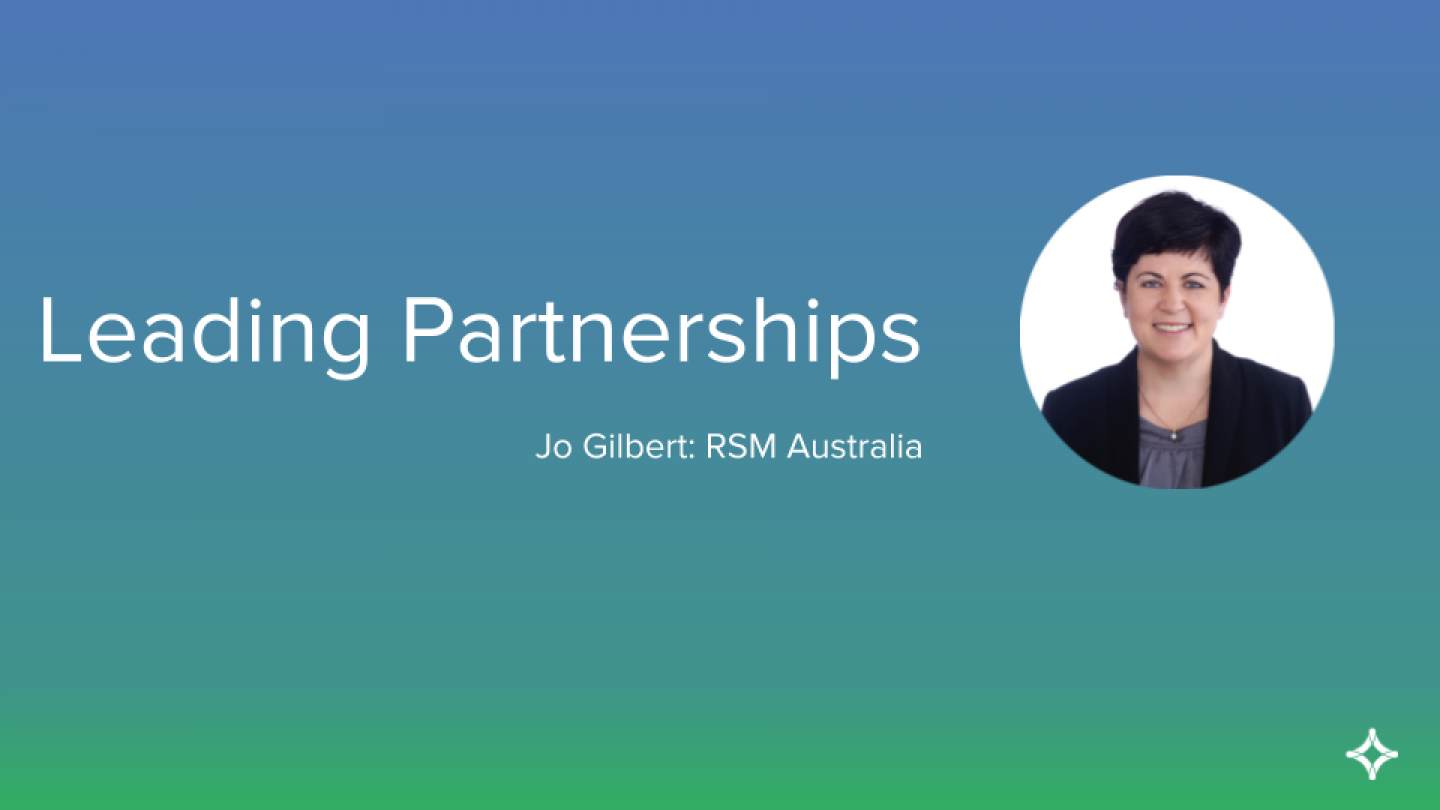By Admin
RSM may be a global organisation, including 29 offices across Australia, but they’re closely connected to the communities they serve. This is especially true for RSM’s Albany office, led by Director Joanne Gilbert, where a large proportion of the practice’s clients are involved in the rural industry - either in farming or agriculture support services.
Joanne herself grew up on a farm in WA, and with family still connected to the land, she has valuable insight into the industry, and the challenges farming communities are facing.
“I used to work in the city and a lot of the time when you’re working outside of regional areas, you can disassociate your client with the numbers on paper. When we work and live in regional areas, we’re not only doing work for them, but we’re also playing sport with them, we’re bumping into them at the supermarket, we know them and their families really well. For some of us, we’ve seen generations of the same family come through, and living and working in the regional area just gives us the ability to get to know our client better.”
Also working closely with clients in the regional area, she says she knows what challenges they’re facing. “My family is still on the farm; my two brothers are farming. I know what the season is looking like, what’s going on in their world. I can relate to the challenges that they’re facing daily because of my interest in what they do - and because they’re just down the road.”
New tools for success
Joanne has a particular interest around technology, and leveraging it for the adaptation of services. She joined RSM in 2000, and says in her nearly 20 years in the industry, she’s seen a significant shift in the use of technology, as well as the way that farmers are communicating and sharing information and knowledge.
“We’re seeing a lot of generational change in business now. Where previously mum and dad were using manual systems, the next generation in those families who become our clients are using a lot of in-paddock data. They carry devices on them and they’re operating their business out of the paddock.
“That means we’re needing to adapt to new ways of doing our job by being available to them when they’re calling us from the paddock. It also means they have access to a lot more information through the software they’re using but also through their communication channels. There’s a lot more sharing of information with us and with each other - through social media and phone chat apps, as opposed to in the pub or over the fence.”
Changing conversations
With increasing access to information, comes changing conversations. Often, Joanne says, clients are coming back to their family farm with a tertiary education behind them too. They’re bringing business-focused perspectives, and asking more questions about the information they can have access to, the type of information they’re getting and how to leverage it.
“Whilst what we may have provided to mum and dad over the years had a purpose, we’re now also being asked for more and more information. A lot of the time that’s around how clients are performing against other people, comparatively.”
“From a compliance perspective, we’ve always had financial statements, income tax returns and GST returns, and while they are required, by the time they are prepared they’re of no use to business owners for management purposes. Often people are only reconciling their cashbook just for us to get GST done and do the financials, but as they start to see the benefits of real time information, they are asking questions about what to do with the information.”
The importance of budgeting
When it comes to budgeting, Joanne says that many clients would previously prepare a budget for the bank with a very short-term focus. “However, now, we’re seeing conversations about looking longer term to incorporate succession planning or big ticket purchases, such as buying a farm, and what impact that will have on equity. We’re seeing now that Figured will give us the ability to do that, and have those conversations with our clients”
It’s also timely with the restrictions and regulations that appear to be tightening on the banking sector. “Banks are asking us for a lot more information on clients”, explains Joanne. “It used to be just last year’s financial statements and income tax returns, and now they are required to collect more information that supports the client’s ability to repay debt.
“We know there are opportunities here to leverage technology to support our clients, and if we don’t take them, then someone else will so that’s a strong motivator for us.”

